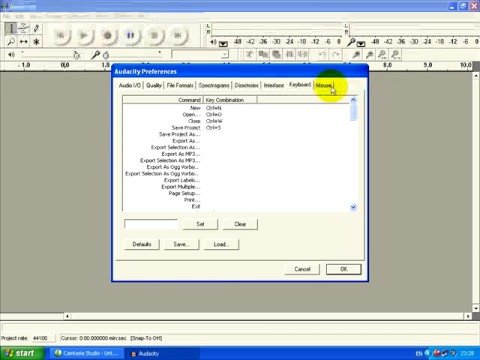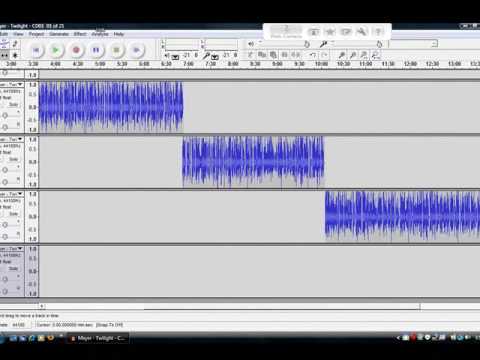Hans’ suggestion is something we have had on our todo list for a long time as part of a full pronunciation section, but there have always been other things that had higher priority.
For what it is worth, here are my views on
A) the relative importance of different pronunciation practice activities, in order of importance, and
B)what we could do at LingQ, now without bothering our programmers.
A)
- Listen:
Listen to regular content, at normal speed and at slow speed. It is helpful for pronunciation to listen repeatedly to the same content, if you do not find it too boring. Focus as much on intonation as on the sounds themselves.
(The work that Alsuvi is doing in Spanish, creating normal speed and slow speed versions of the same content, is a great example of content that helps with pronunciation, in my view.)
Listen to paragraphs as well as shorter phrases, both at slow speed, and at normal speed.
- Listen and imitate:
With the various types of content described above, take the opportunity to imitate, under your breath or out loud. Phrases with pauses are especially useful when imitating.
If we spend most of our time listening, we can devote some time to imitating, every now and again, or during focused periods of pronunciation practice.
- Listen and record yourself:
This need only be done occasionally, to record your progress, in my view. It is better to spend more time listening to the native speaker with the accent of your choice.
- Submit a recording for evaluation:
I believe this is not so important. If you cannot hear or notice the difference between your own pronunciation and that of the native, it is unlikely that you will be able to pronounce like the native. It is important to train the ability to notice.
However, an occasional analysis may be helpful.
B) What we can do now at LingQ.
- Members can request native speakers to record content, at normal speed and at slow speed, both with pauses. These should be in a collection called “Pronunciation Practice”
We have no way for members to pay for this so they either ask the native speaker to do this in lieu of a discussion, or let the native speaker own the content in the library, or make other arrangements privately.
- Members could also submit recordings of their own pronunciation, with the corresponding text, to the library, under a heading like “Member’s Pronunciation Samples”.
These members could then request other members to comment on their submission, via the Notes section, which shows up on the Forum. Other members, especially native speakers, could then make comments in the notes section, pointing out specific problems of intonation and pronunciation.
Members may even make videos to help with pronunciation and attach them to the lessons.
It might be interesting to see if there are common pronunciation problems, in different languages, and for different native speakers. This might guide tutors in creating pronunciation content aimed at particular groups of native speakers.
This all sounds pretty complicated, but I spent the day wandering around Segovia and had a lot of time to think of things.

